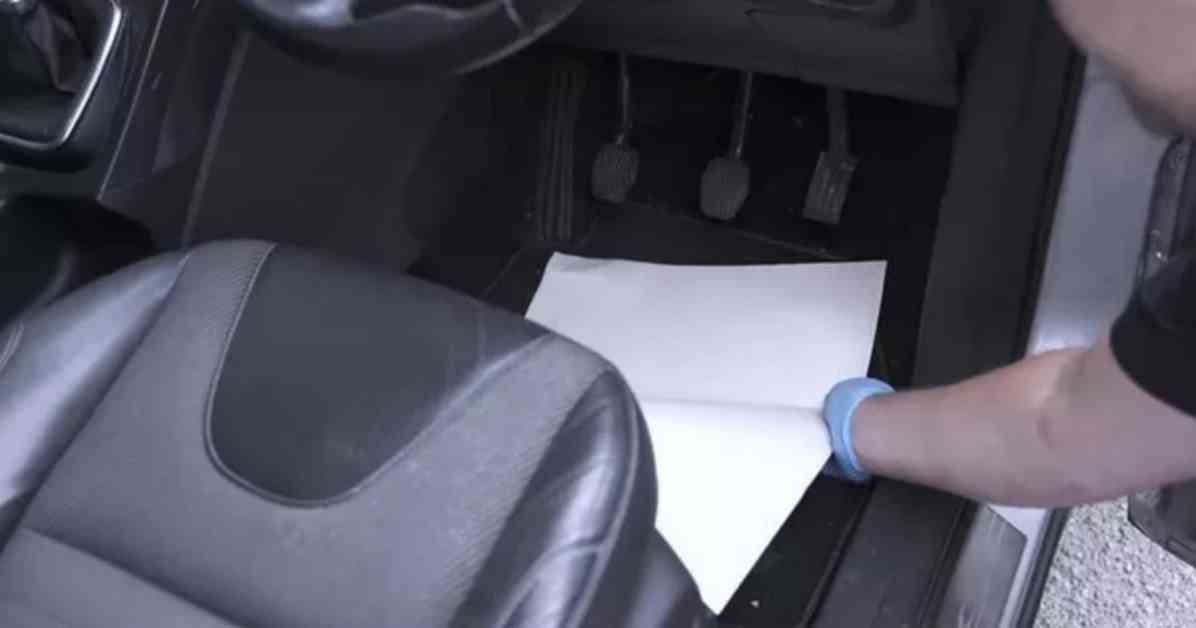The MOT test is getting stricter as new regulations are being implemented to ensure the safety of drivers on the road. The Department for Transport is looking into the safety technology in vehicles, particularly advanced driver-assistance systems (ADAS), to determine if they pose any risks to drivers. The Parliamentary Advisory Council for Transport Safety is pushing for mandatory checks on ADAS systems during MOT tests. If any safety-critical features are found to be malfunctioning and cannot be fixed on-site, the vehicle will fail the MOT. However, if voluntarily installed systems are found to be malfunctioning, the driver will be given a warning to get it fixed promptly.
A pilot scheme is set to collect data on autonomous emergency braking, steering assistance, and cross traffic alerts to assess the risks and potential failures. Peter Lawton, an aftermarket expert at the SMMT, highlighted the importance of regular checks on electric vehicles, dispelling the misconception that they require less maintenance. The DfT emphasized the need for standardization of ADAS systems and terminology to ensure proper maintenance and testing.
With the increasing focus on regulating ADAS systems globally, the DfT anticipates further regulations in the UK to ensure the safety of drivers. ADAS systems encompass various features such as cruise control, anti-lock braking, blind-spot monitors, collision avoidance systems, and more. It is crucial for industry and manufacturers to collaborate in maintaining and testing these technologies for the safety of all road users.
As the MOT test evolves to incorporate stricter checks on car parts and safety systems, drivers need to stay informed about the changes and ensure their vehicles meet the required standards. Regular maintenance and servicing of ADAS systems are essential to guarantee the safety and efficiency of vehicles on the road. Stay updated on the latest developments in MOT regulations to avoid any surprises during your next vehicle inspection.
